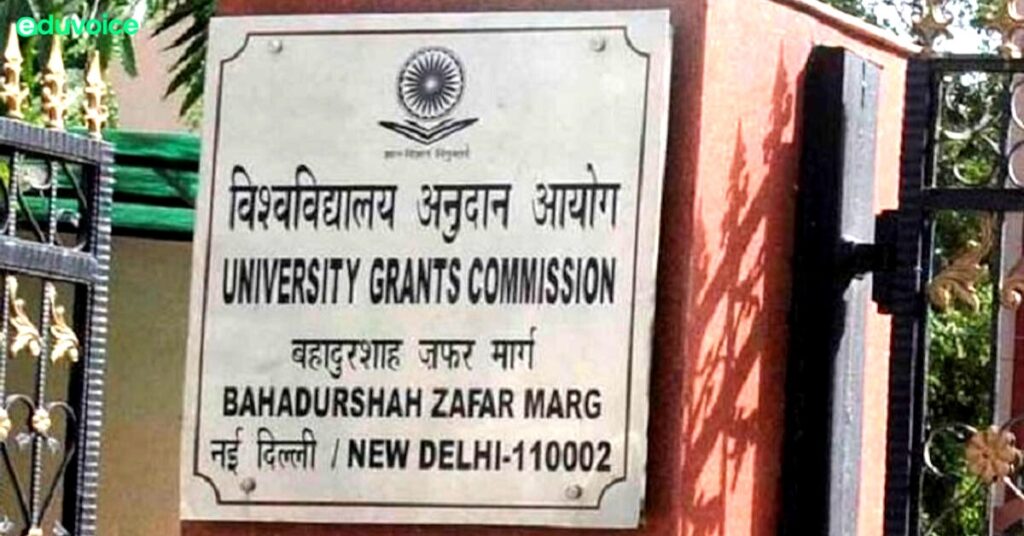Foreign University Campuses in India: According to the reports, India has witnessed a rise of 68% in the number of students who went abroad to pursue higher education, but no proposal on UGC’s draft has been made yet, the Minister of State (MoS) for Education Shubash Sarkar said. Read more details here Foreign University Campuses […]
Tag Archives: Foreign University
University Grants Commission Secretary Rajnish Jain on Monday informed that the statutory body set up by the Ministry of Education has decided to extend the last date to receive comments, suggestions, and feedback on the setting up of campuses of foreign higher educational institutions in India to 3 February. “In view of the requests being […]
Foreign University Brands can Improve the Quality of Higher Education in India. The New Education Policy (NEP), 2020 made a significant change in the education arena when it paved the way for international institutions to establish campuses in the country. Many countries have been compelled by shifts in the world’s market economy to accept foreign sources in various ways. International Branch Campuses (IBCs) exemplify the notion of global education and provide a platform for innovation. Pranav Gupta Ashoka University Founder states, “Prior to the NEP, stringent government policy was the principal constraint on the capacity to collaborate creatively with Indian partners. If you look at the NEP from a wide perspective, it’s really just India waving its flag and declaring its intention to create one of the top higher education sectors in the world.”



